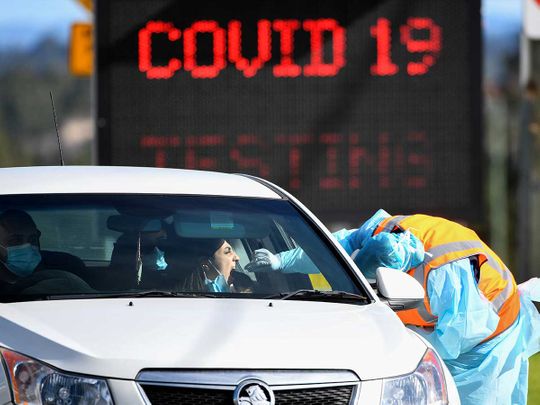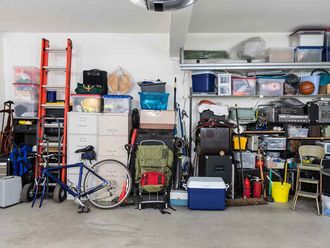
The security guy at our community gate called and said there is a package waiting for us from Amazon.
“Shall I go get it?” I asked my wife, but she loves walking down to the entrance and picking up her online shopping.
“What is it?” I asked her when she returned with her face mask on. “Just a minute,” she said, and walked to the washbasin on the balcony and started spraying the package and sanitising it. “It’s a Pulse Oximeter,” she said.
“Excuse me, say what?” I said. I had heard of blood pressure monitors, ECG portable machines for personal use, and blood sugar home tests, the TV adverts for the last usually feature pretty women pricking their finger, drawing blood and smiling, and saying, “My blood glucose is 120 mg/dl, I can now eat my favourite rasgollas.”
I saw an advert about this gadget and a doctor was saying cheerfully that it also had an alarm if your blood oxygen level falls to 90 or below
Ever since people started eating junk food, home medical care kits are best-sellers in pharmacies and periodically you have sales and posters go up on the shops that say, “Buy a blood pressure monitor and get 10 zinc tablets free.”
Every time I went to a press conference called by a hospital or a group of clinics, I was handed over a big box by the public relations manager of the firm.
Blood pressure monitor
“I wonder what it is,” I would think to myself, my heart thumping, hoping it was cold, cold cash, or was it the latest smartphone, and when I opened the box, it turned out to be a blood pressure monitor.
This was the time I never had high blood pressure, and it was the time before a professional ethics code came into play and we had to return all the unsolicited gifts, which was a relief as I had a wardrobe full of medical junk; things like wooden personal massagers, with which you were supposed to massage your wrist if you had an ailment with a menacing medical term: carpal tunnel syndrome, that comes from tapping your keyboard with two fingers for hours every day.
I had things that would make a newly married couple very happy; sandwich makers to make supposedly healthy snacks, juicers to make myself healthy smoothies or gel-filled packs that had protruding things like the coronavirus crown and you had to stand on it with your bare feet and suffer, or get tickled to death, because the hard gel balls would relieve your stress and that was healthy.
Eventually we had to give all the junk away to some poor souls who did not know about minimalism or Marie Kondo, who made the world guilty for possessing stuff they do not need.
Worried that we were going back again to our past, I asked incredulously, “What’s a pulse oximeter?”
“Come here,” she said, clamping on my finger something like an electronic clothes peg. Later I saw an advert about this gadget and a doctor was saying cheerfully that it also had an alarm if your blood oxygen level falls to 90 or below.
“What happens if my blood oxygen is not normal,” I asked my wife. “We will have to rush you to hospital,” she said.
She then put the pulse oximeter on a separate table in the bedroom that seemed like it was a shrine to Coronavirus; there were packets of ayurvedic teas, a vial of tiny sugar pills, a thermometer, cough drops, and in middle a transparent plastic bag full of yellow ‘haldi’ (turmeric or curcumin) powder.
“Do you think we need to get a portable oxygen tank?” she asked me. “Delivery is free, we don’t have to step out of the house.”
— Mahmood Saberi is a storyteller and blogger based in Bengaluru, India. Twitter: @mahmood_saberi







